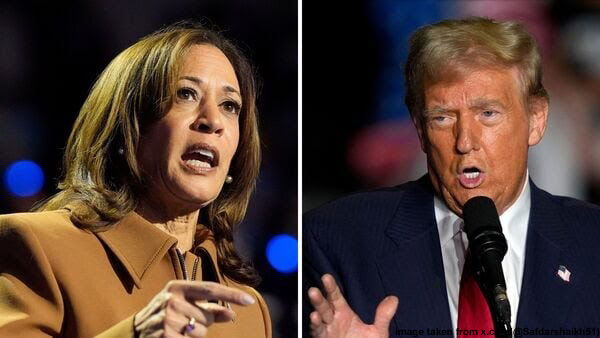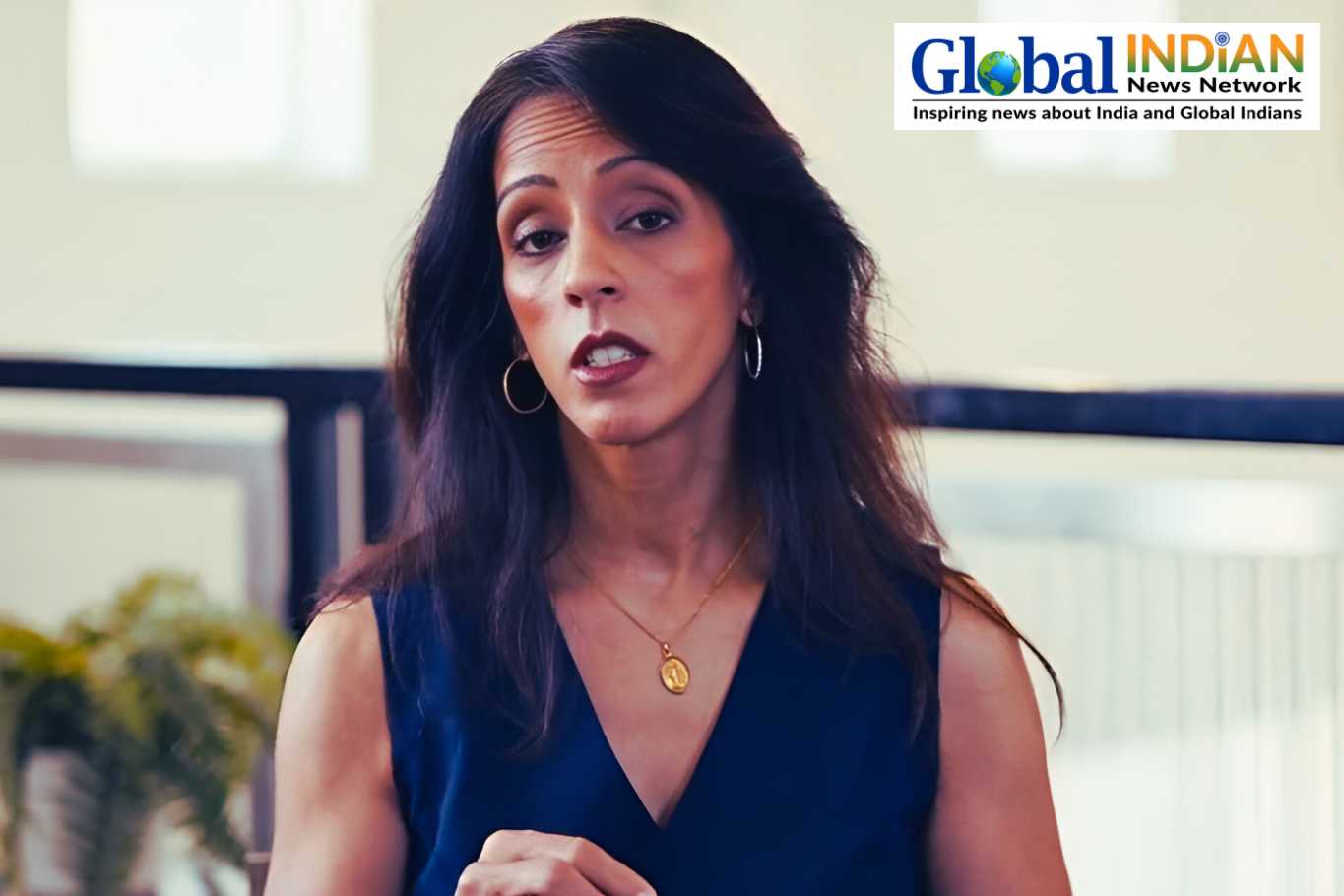 Indian-Americans, traditionally supportive of the Democratic Party, are exhibiting evolving political preferences, with more considering Republican candidates in recent surveys. This community, comprising over 5.2 million people and now the second-largest immigrant group in the US, holds substantial influence in the country’s political sphere. Their strong professional presence and growing demographic significance make them a pivotal voting bloc, especially as the 2024 presidential race draws near.
Indian-Americans, traditionally supportive of the Democratic Party, are exhibiting evolving political preferences, with more considering Republican candidates in recent surveys. This community, comprising over 5.2 million people and now the second-largest immigrant group in the US, holds substantial influence in the country’s political sphere. Their strong professional presence and growing demographic significance make them a pivotal voting bloc, especially as the 2024 presidential race draws near.
In a historic context, this election cycle includes Vice President Kamala Harris, who has Indian roots, as one of the key presidential contenders. The 2024 Indian American Attitudes Survey provides insight into voting patterns and potential shifts within this community.
- Declining Democratic Loyalty: Although most Indian-Americans still lean Democratic, only 47% identify with the party, down from 56% in 2020. Meanwhile, a rise in independents suggests changing political dynamics within this group.
- Support for Kamala Harris: Around 61% of Indian-American voters favor Harris, yet 32% plan to vote for former President Donald Trump, signaling increased Republican support compared to prior elections.
- Gender Discrepancies in Voting: Indian-American women show higher support for Harris (67%) than men (53%). Conversely, 22% of women and 39% of men are inclined to vote for Trump, highlighting varying political priorities between genders.
- Mixed Feelings on Indian-American Republicans: Community opinions are generally lukewarm toward Republican figures of Indian descent, such as Nikki Haley and Vivek Ramaswamy, reflecting limited enthusiasm for the GOP despite some engagement efforts.
- Abortion as a Priority: Abortion rights and reproductive health have emerged as significant issues for Indian-Americans, ranking high among their policy concerns, particularly for Democratic voters and women.
- Policy Mismatches Affect GOP Appeal: The GOP faces challenges in resonating with Indian-American voters, largely due to policy differences on minority rights and abortion, which many within the community view as conflicting with Republican values.
Overall, while Indian-Americans maintain considerable Democratic support, emerging trends point to a slight realignment, particularly among younger men. Both parties are likely to court this influential group more vigorously, recognizing their substantial role in the 2024 elections and broader shifts in US political dynamics.











